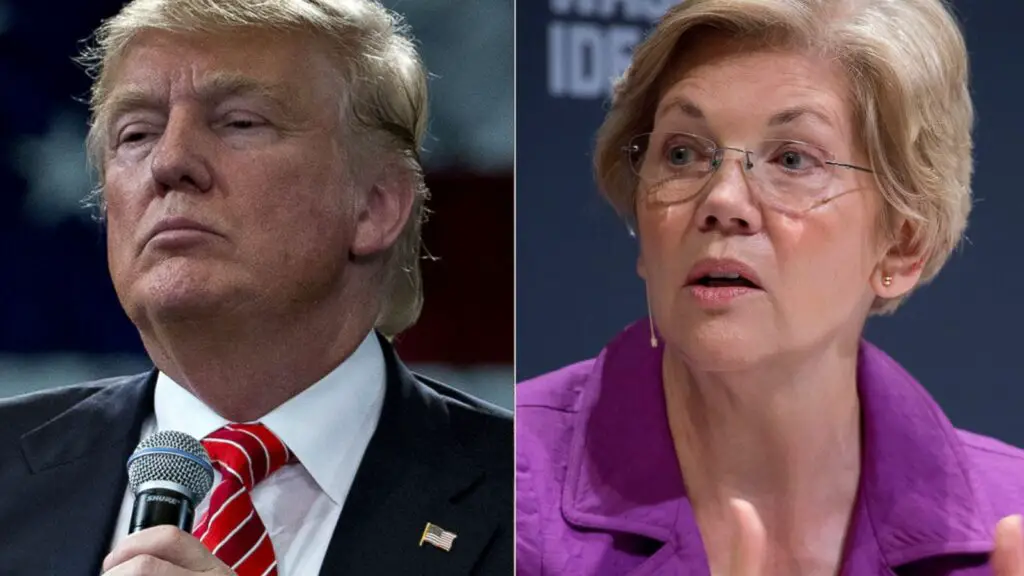Rohit Chopra’s exit as director of the Consumer Financial Protection Bureau (CFPB) shouldn’t just mark the end of his tenure. It should signal the beginning of the end for the agency itself.
Under Chopra, the CFPB turned from an aggressive regulator into a rogue enforcer. It expanded far beyond financial services, targeted digital marketplaces, and hammered businesses with massive fines. The result? Everyday Americans now pay more for financial products.
With a new administration in office, President Donald Trump has a rare chance. He can appoint a CFPB director who will dismantle the agency from the inside. The goal? Prepare it for a long-overdue shutdown.
Created by the 2010 Dodd-Frank Act, the CFPB was supposed to protect consumers. Instead, it became an unchecked powerhouse. It stifles competition, raises costs, and interferes in industries far beyond its purpose.
Under Chopra, its reach exploded. The CFPB targeted comparison shopping sites, gig economy platforms, and even video game currencies. It tried to regulate transactions on sites like Expedia and Care.com, dragging ordinary consumers into its web.
The Supreme Court’s 2024 ruling upheld the CFPB’s funding structure. That emboldened Chopra to ramp up his crusade against banks and fintech companies. But the ruling didn’t validate the agency’s mission. Congress created the CFPB, and Congress—or a determined Trump administration—can dismantle it.
Chopra’s CFPB prioritized punishment over protection. It slapped billions in fines on financial institutions. But those penalties didn’t shield consumers—they hurt them. Banks pass those costs down, leading to higher fees and fewer perks.
That means pricier checking accounts, weaker credit card rewards, and fewer lending options. The irony is obvious. An agency claiming to protect consumers is actually making financial products less affordable.
Elon Musk put it simply: "Delete CFPB." His call isn’t just a tweet. It’s a recognition of the harm this agency is doing to innovation, financial markets, and consumer choice.
The CFPB recently tried expanding its grip over Big Tech’s payment platforms, including Musk’s X Payments. Originally designed to regulate financial products, it now aims to control non-financial businesses. This mission creep threatens competition and innovation.
Abolishing the CFPB requires Congress, but Trump can still neutralize it. He can appoint a director who will strip its power.
The new director should stop enforcement actions that raise consumer costs. Cut unnecessary regulations. Shrink the agency’s budget. Shift the focus to consumer education instead of punishment. If Congress won’t act, a Trump-appointed director can use the CFPB’s own funding structure against it, making the agency irrelevant.
The CFPB isn’t a pillar of American governance. It’s a failed experiment from Elizabeth Warren’s progressive agenda. With unchecked power and no real oversight, it threatens businesses and consumers alike. Chopra’s departure is the perfect moment to change financial oversight in the U.S.
Trump and congressional Republicans must act now. The CFPB is doing more harm than good. Eliminating it isn’t just a policy move—it’s an economic necessity.
American consumers deserve financial freedom, not government interference. It’s time to delete the CFPB for good.

